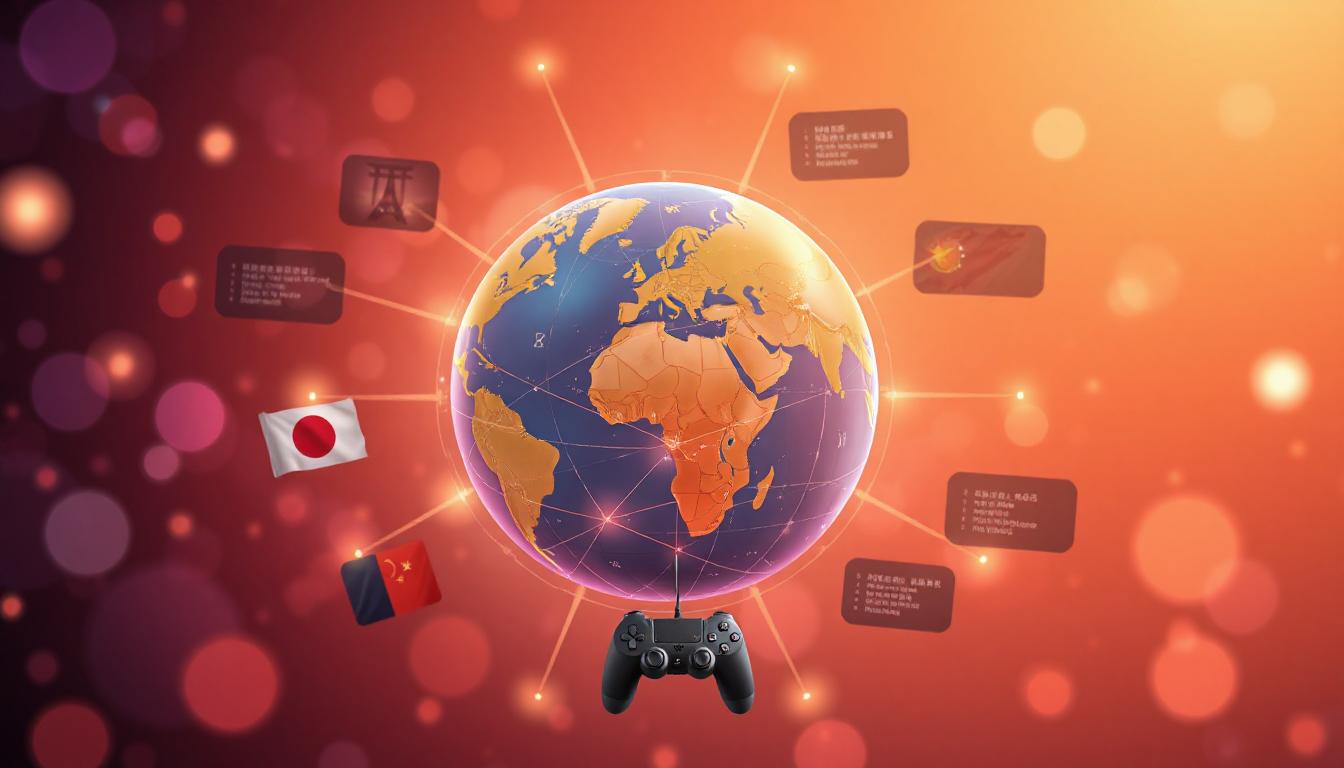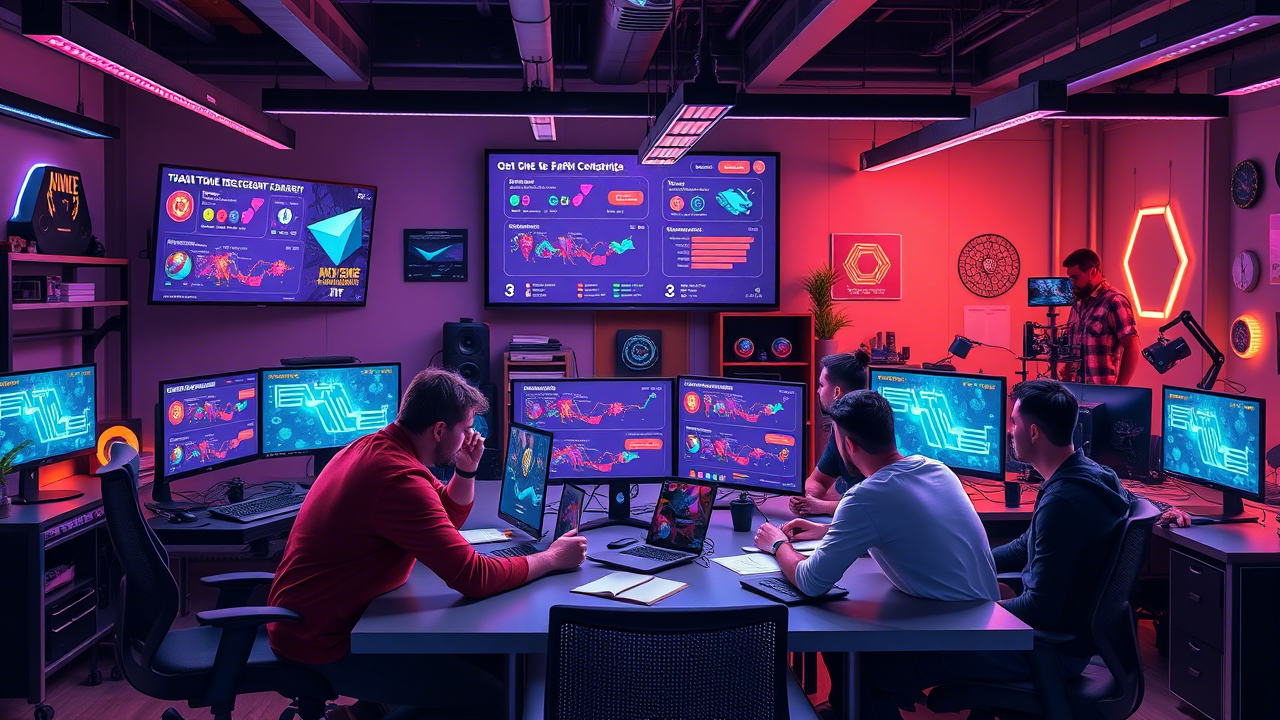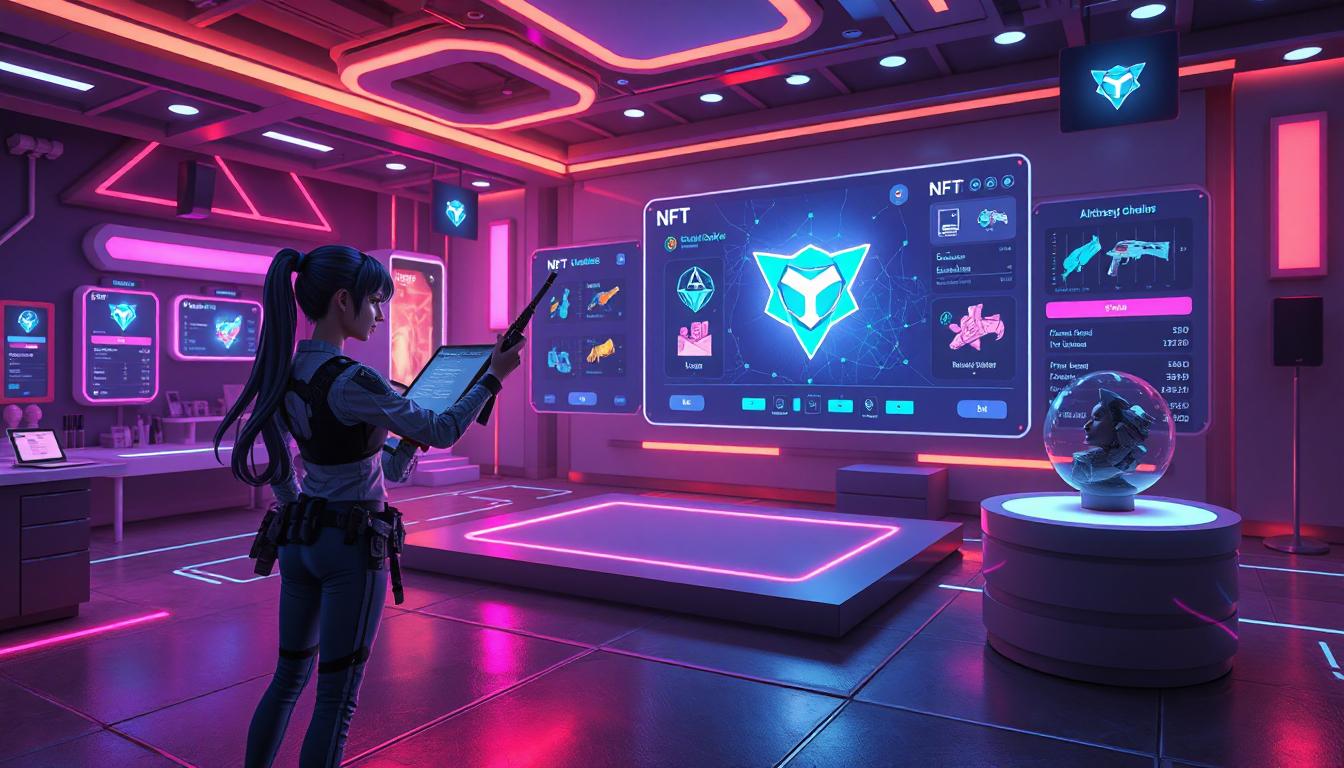Why Game Localization Matters in the Game Industry
Imagine making a fun video game that people love to play because of its cool new ways to play and a great story. But sometimes, it doesn’t do as well in other countries because of different cultures or bad translations. A joke in the game might not be funny in another language, or a small action could accidentally upset people. This is why game localization is really important. It makes sure that everything in the game—the words, the cultural parts, and the whole playing experience—feels right and makes sense for players all around the world.
much like the impact of social platforms such as Discord Activities on improving social connections between gamers.
Localization is more than just translating words. It means changing different parts of a game, like conversations, menus, and pictures, to fit different cultures and meet what players want. For instance, changing story ideas, casual talk, or expressions helps the game connect with players from various backgrounds. These careful adjustments make players feel welcome, showing that their cultural experiences matter.
As the gaming world grows worldwide, making games fit different cultures has become very important for reaching new audiences, making games easier to enjoy, and making more money. It’s not just about selling more games; it’s about creating a group of fans who feel connected by giving them experiences that feel right for their culture.
This article looks at successful examples of game localization, gives tips for game makers, and shares ideas from big companies like GSC Game World. It shows how making games fit different cultures is now a key part of doing well in the competitive gaming industry.
The Impact of Localization in Iconic Games: Final Fantasy
The localization of Final Fantasy is a great example of how careful adaptation can turn a game from a regional hit into a worldwide success. Created for a Japanese audience, the game’s detailed stories and deep characters were popular in Japan. But it became even more popular worldwide thanks to excellent localization work. This involved not just translating the text, but also changing cultural references, humor, and some gameplay elements to make sure the game felt right for players around the world.
For example, the dialogue was carefully rewritten to match the original mood and emotional effect, but also to feel natural for Western audiences. The main characters and their stories were modified to preserve their essential qualities while making them understandable to players from different cultures. Also, elements like names, titles, and in-game items were altered to fit the language and cultural preferences of each particular group of players.
These careful efforts helped make Final Fantasy a cherished series that reaches beyond borders, showing that successful video game localization is not just about language, but about creating an engaging and culturally aware experience. Today, the franchise is still loved around the world, proving how localization can bring people together by sharing stories and adventures.
Key highlights include:
- Tailoring character conversations to fit Western humor.
- Modifying names, titles, and cultural details to appeal to different regions.
- Keeping the original themes intact while appealing to local preferences.
This process shows why translating games is important for giving players around the world a great experience.
Video Game Localization Examples That Shaped the Industry
Localization has been a key factor in the success of some of the most popular games ever made. Here are a few examples:
- The Witcher 3: CD Projekt Red translated this game into 15 languages, thoughtfully adjusting Slavic folklore for a worldwide audience.
- Assassin’s Creed: Ubisoft focused on making sure the translations were both culturally and historically accurate, which helped maintain the game’s authenticity.
- Animal Crossing: The series includes special cultural features for different areas, like local celebrations.
These examples show how translating video games can help them reach a wider audience and become popular worldwide.
Top Game Localization Tips for Developers
When starting the localization process, follow these expert tips for success:
- Begin Early: Include localization in the early stages of development to prevent expensive changes later.
- Work with Native Speakers: They know cultural details better than automated systems.
- Test in Local Areas: Do region-specific tests to find cultural issues.
- Pay Attention to UI and UX: Make sure the text and design can fit different languages without losing quality.
By using these game localization tips, developers can make their games better for the worldwide market.
Insights from GSC Game World
GSC Game World, the creator of the famous S.T.A.L.K.E.R. series, is a great example of how to do localization well. The way they adjust the game’s dark, engaging story and Slavic folklore for Western players is really impressive.
Their strategy includes:
- Working with global teams to ensure translations are accurate.
- Adding region-specific voiceovers to enhance player engagement.
- Keeping cultural elements intact while avoiding potentially sensitive issues.
Their work shows that successful game localization is more than just translating words—it’s about making sure every player feels like the game is made just for them.
Game Localization Online: Tools and Resources
The internet has completely changed how developers handle localization. There are so many tools out there that developers can now make their localization work smoother, including:
- Crowdin: A teamwork site for managing translations.
- MemoQ: Perfect for ensuring high-quality language work.
- Localize: An online tool for quick updates in different languages.
Using online resources for game localization can help developers work more efficiently and reach a wider audience worldwide.
Conclusion
As the gaming industry quickly expands and changes, it’s more important than ever to translate and adapt games for different audiences around the world. Games such as Final Fantasy and The Witcher 3 show how well-planned localization can turn a game from a local hit into a worldwide favorite. By thoughtfully adjusting the language, cultural elements, and player experiences, these games attract a larger audience while still keeping their special cultural feel, making them genuine and enjoyable for players everywhere.
For example, Final Fantasy owes a lot of its worldwide success to its translated scripts. These translations kept the original Japanese dialogues’ emotional depth, making them understandable for players who speak other languages. Likewise, The Witcher 3 skillfully adjusted its story, which is inspired by Slavic folklore, for global audiences. It did this without losing its cultural essence, which earned it compliments from both players and reviewers.
By following good practices, like working with localization specialists, studying successful examples, and using advanced tools, developers can make games that can be enjoyed by people all over the world, no matter what language they speak. Carefully planned video game localization not only improves the player’s experience but also opens up new ways to make money, making it a great strategy for both game makers and players.
Q&A
-
Why is translating games important in the game industry?
Translating games makes them fit better for different cultures and languages, which helps more people enjoy them and buy them.
-
Can you give some examples of games that did well with translation?
Games such as Final Fantasy, The Witcher 3, and Animal Crossing did very well because they paid attention to cultural details when they were translated.
-
How can game makers make their translation process better?
Starting the translation early, working with people who speak the language, testing the game in different places, and using online tools for translation are important steps to do a good job.





